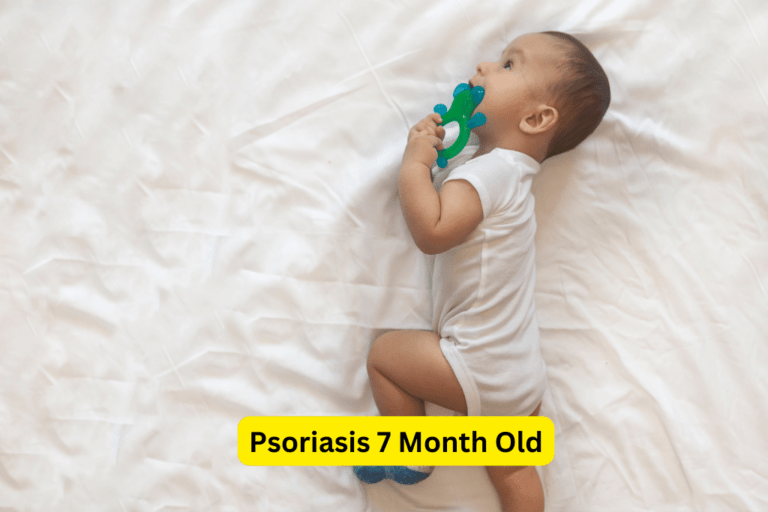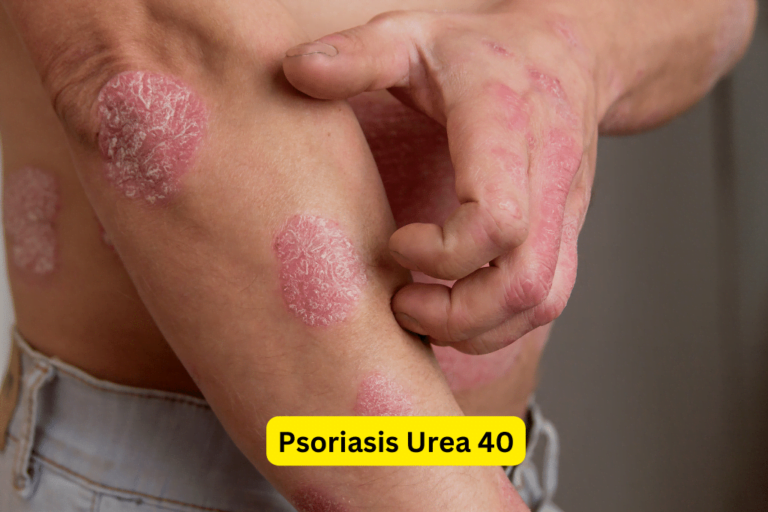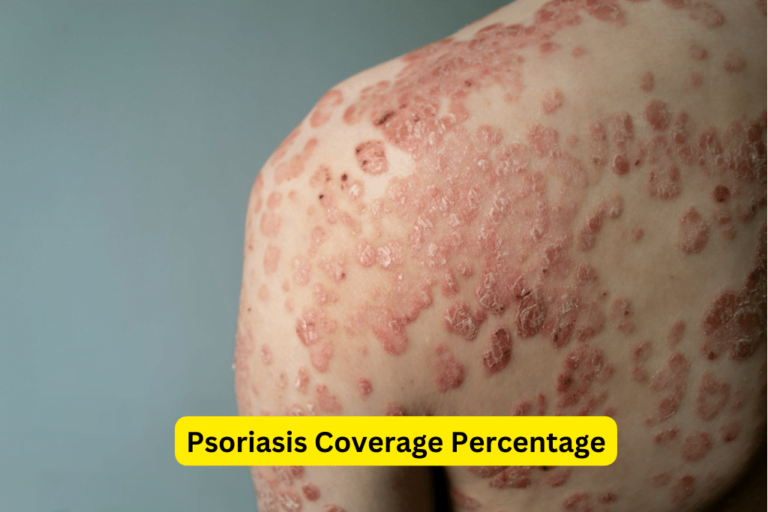Managing Psoriasis at 50: Effective Treatment Options for Over 50s
Psoriasis 50 Years Old
Psoriasis, a chronic autoimmune disease characterized by red, itchy patches of skin, affects people of all ages. However, prevalence rates tend to increase with age, making it a significant concern for individuals aged 50 and over. Psoriasis can have a profound impact on quality of life, affecting physical, emotional, and social well-being.
Causes and Risk Factors for Psoriasis in Older Adults
Psoriasis is a complex condition with multiple causes and risk factors that can contribute to its development in older adults. Genetic factors play a role, as psoriasis tends to run in families. Additionally, certain environmental triggers such as stress, infections, and injury can provoke psoriasis flare-ups. Coexisting health conditions, such as diabetes, hypertension, and obesity, may increase the risk of developing psoriasis or exacerbate existing symptoms. Furthermore, certain medications and treatments, such as beta-blockers and lithium, can trigger or worsen psoriasis symptoms in older adults.
Symptoms and Diagnosis of Psoriasis in Older Adults
Psoriasis exhibits a range of symptoms in older adults, including red, scaly patches of skin, itching, and thickened or pitted nails. Different types of psoriasis, such as plaque psoriasis, guttate psoriasis, and pustular psoriasis, can affect older adults differently. Diagnostic procedures typically involve a physical examination by a dermatologist, as well as skin biopsy and laboratory tests to rule out other skin conditions and assess the severity of psoriasis. Differential diagnosis is essential to ensure accurate diagnosis and appropriate treatment.
Treatment Options for Psoriasis in Older Adults
Treatment for psoriasis aims to alleviate symptoms, reduce inflammation, and slow down the skin cell growth cycle. Topical treatments such as corticosteroids, vitamin D analogs, and retinoids are commonly prescribed to manage mild to moderate psoriasis. For more severe cases, systemic medications like methotrexate, cyclosporine, and biologic agents may be necessary. Phototherapy, which exposes the skin to controlled amounts of ultraviolet light, can also be effective. Additionally, lifestyle management strategies such as stress reduction techniques, a healthy diet, exercise, and avoiding triggers and irritants can complement medical treatment.
Challenges and Considerations for Psoriasis Management in Older Adults
Managing psoriasis in older adults can present unique challenges. Age-related skin changes can impact the efficacy of topical treatments and increase the risk of skin infections. The presence of comorbidities and the use of multiple medications, known as polypharmacy, can complicate treatment plans and increase the risk of drug interactions. Therefore, it is crucial for healthcare professionals to carefully consider the potential interaction between psoriasis medications and other prescribed medications. Additionally, adherence to treatment regimens can be more difficult for older adults, necessitating clear communication and support from healthcare providers.
Complications and Associated Conditions in Older Adults with Psoriasis
Psoriasis in older adults can be associated with several complications and conditions. Psoriatic arthritis, an inflammatory joint condition, commonly coexists with psoriasis and can cause joint pain and stiffness. Furthermore, individuals with psoriasis are at increased risk of developing cardiovascular diseases such as heart attacks and strokes. Metabolic syndrome, characterized by obesity, high blood pressure, and high cholesterol, is also more prevalent in older adults with psoriasis. Lastly, the psychosocial impact of living with psoriasis can take a toll on mental health, leading to increased rates of depression and anxiety.
Support and Coping Strategies for Older Adults with Psoriasis
Older adults with psoriasis can benefit from various forms of support and coping strategies. Support groups and online communities provide a platform for individuals to connect with others facing similar challenges and share experiences and advice. Psychological counseling can also help individuals manage the emotional impact of psoriasis and develop coping mechanisms. Moreover, educational resources such as brochures, websites, and informational sessions can provide valuable information on managing psoriasis and improving overall well-being. Lastly, individuals can employ self-care techniques such as stress reduction techniques, regular exercise, and maintaining a healthy lifestyle.
Prevention and Self-Care Tips for Managing Psoriasis in Older Adults
While psoriasis cannot be prevented, there are certain self-care tips that can help manage symptoms and prevent flare-ups. Skin hygiene practices such as regular showering and moisturizing are crucial in maintaining skin health. Moisturizers and emollients help to keep the skin hydrated and reduce itching and inflammation. Sun protection is essential to minimize the risk of sunburn, which can trigger psoriasis flare-ups. Additionally, identifying and avoiding triggers and irritants such as certain medications, infections, and stressful situations can help prevent exacerbations of psoriasis symptoms.
Conclusion
Psoriasis can be a challenging condition for older adults, affecting their physical health, emotional well-being, and overall quality of life. Understanding the causes, symptoms, and treatment options for psoriasis in older adults is crucial for effective management. By working closely with healthcare professionals, utilizing appropriate treatment modalities, adopting healthy lifestyle practices, and seeking support, individuals aged 50 and over can effectively manage psoriasis and improve their overall well-being.
"Have You Seen Mike Walden's new holistic acne System yet? It's called "Acne No More" I've read the whole thing (all 223 pages) and there's some great information in there about how to naturally and permanently eliminate your acne without drugs, creams or any kind of gimmicks. I highly recommend it - it's very honest and straightforward without all the hype and b.s. you see all over the net these days. Here's the website where you can get more information:
Click Here -->AcneNoMore









